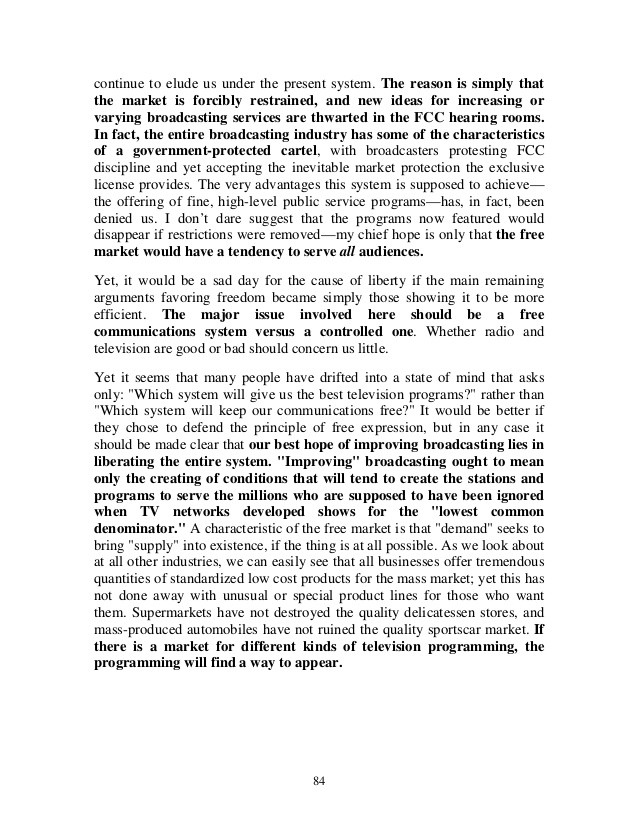The Tyranny Of The Market
Post on: 15 Август, 2015 No Comment

July 29, 2007
By Lawrence E. Mitchell Fueled by headlines about top managers such as Home Depot (HD) CEO Robert Nardelli, who received stratospheric pay even as his company’s stock price stalled, shareholder activists this year took aim at executive compensation. Unfortunately, they should not expect much from those efforts, even if every corporation in the U.S. adopts say on paymeasures that allow shareholders to vote on pay deals. That’s because such proposals treat only a symptom, not a cause, of a more dangerous trend within American capitalism.
The real culprit is the growing preeminence of finance over operations. It causes stock market considerations to trump those that improve the actual workings of a business. And the quicker the stock payoff can be engineered, the better. Until that changes, don’t expect CEOs to stop gaming the system.
This reward bias toward finance has been with us since the creation of the giant public corporation in the late 19th century. Almost overnight, U.S. business was transformed from making money by controlling costs and increasing productive efficiency, the way John D. Rockefeller and Andrew Carnegie did, to reaping instant riches from stock sales—such as the $1.5 billion stock fee (in 2006 dollars) that the J.P Morgan (JPM) syndicate earned in 1901 putting together the factories that created U.S. Steel (X).
Today you see the consequence of this financial dominance. Ask the 400 CFOs who in a 2005 survey revealed a consensus opinion that they would mutilate their own companies to keep stock prices high. Ask the derivatives traders and hedge fund managers who control the direction of the market by trading in instruments that have nothing to do with financing the production of goods and services and everything to do with stock price movements. Ask the stock-trading public who in 2006 turned over share ownership on the New York Stock Exchange (NYX) by 118% (almost 30% more than in 2000).
Meanwhile, CEOs figure that if their job is to make shareholders as rich as possible as quickly as possible—as opposed to managing companies to generate long-term profits—they should be paid like the investment bankers, money managers, and hedge fund czars who do the same.
That’s worrisome, since an economy grounded in short-term, rapid-fire finance is an economy likely to self-destruct over the long haul. To avoid that fate, we must construct incentives to redirect both management behavior and executive compensation toward the long term.
If say on pay could change anyone’s motivations, corporate boards would already have been shamed into rewriting the pay scale. The only solution is to make short-term behavior costly. And if finance is the driving force of American business, then we have to build the pain into the financial markets.
It’s not hard, and in fact we do it now. If you own stock for one year, you receive a deep break in the form of the federal long-term capital-gains tax. Yet though a year may be long-term for stock trading, it’s not for industrial production. And since management’s horizons (and much of its pay) are determined by stock prices, tax breaks for such a brief holding period don’t change managers’ short-term focus.

That’s why rethinking capital-gains taxation is key. Let’s say experts decide that seven years is long term for the auto industry. Congress could structure a system imposing punitive taxes if you sell quickly (say, a tax on 90% of gains for trading within a month), then drop the taxes slowly, using a seven-year sliding scale, until you can sell a stock tax-free. Perhaps the right time period is two years in the software industry, or four years in computer hardware. It would only take a little expertise and perhaps some trial and error to get the timing right.
This revamped system would slow finance and allow managers to manage while lessening incentives for options-heavy CEOs to gut companies in order to end the year with a bigger payday. And it would reduce disincentives against spending on worker training, R&D, or better environmental controls.
True, there might be short-term market disruptions that cause real pain. But no pain, no gain. The markets would adapt to this new system; they always do. And, yes, finance would still dominate. That appears to be our destiny. But at least it would be in the service of business, rather than the other way around.
Views expressed in Outside Shot are solely those of contributors.
Lawrence E. Mitchell, a professor at George Washington University Law School, is author of the forthcoming The Speculation Economy: How Finance Triumphed Over Industry.














